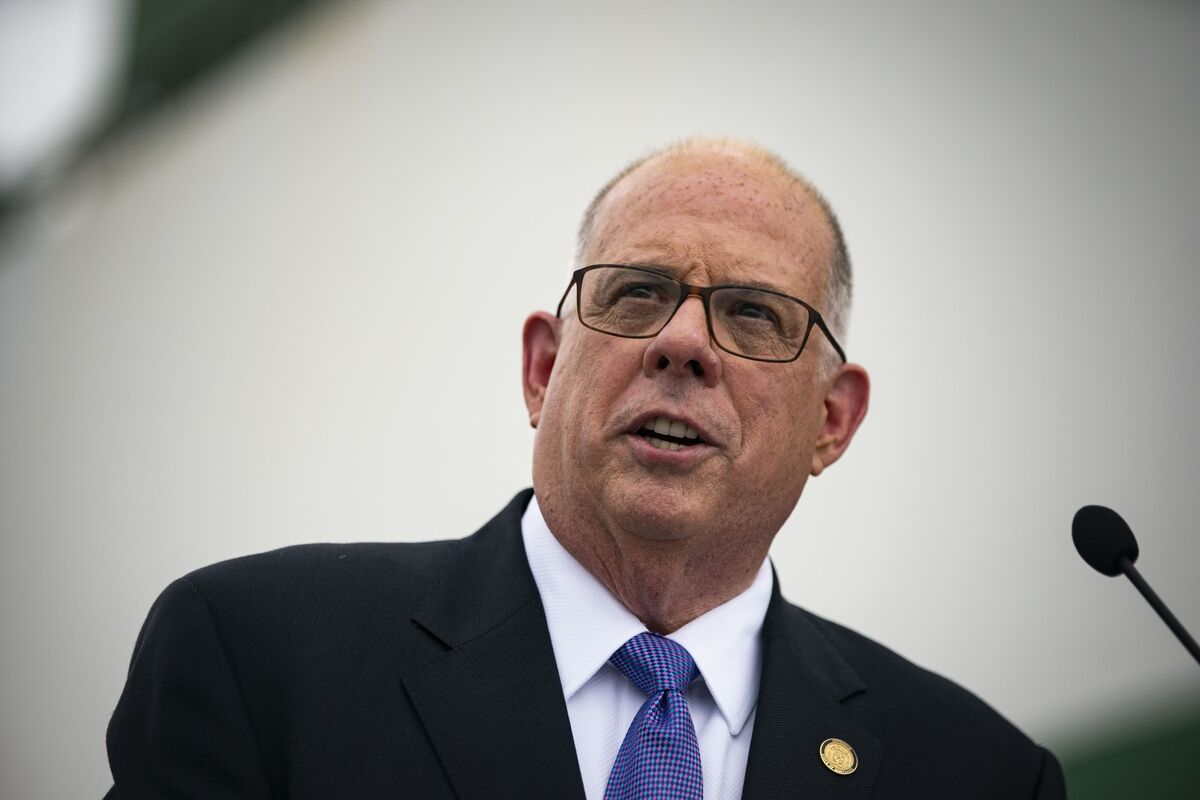Allies of former President Donald Trump are publicly criticizing Senate Republicans who voted in favor of advancing aid for Ukraine, in defiance of Trump’s opposition to the package. The pushback has intensified, with threats of primary challenges being issued against those who supported the national security supplemental.
Donald Trump Jr., the ex-president’s eldest son, has been at the forefront of the campaign against the 22 Republicans who backed the aid package. He specifically targeted Sen. Joni Ernst (R-Iowa) for a primary challenge and urged West Virginia primary voters to reject Moore Capito’s gubernatorial bid. Capito is the son of Sen. Shelley Moore Capito (R-W.Va.).
Additionally, Texas Attorney General Ken Paxton, a staunch Trump supporter, criticized Sen. John Cornyn (R-Texas), another ally of Senate Minority Leader Mitch McConnell, for his support of the aid package.
While some view the attacks on Capito’s gubernatorial bid as particularly harsh, the rift between Trump’s orbit and GOP leadership is becoming more evident. A Senate GOP aide highlighted the lack of relationships between GOP leadership and potential Republican presidential nominees, exposing a disconnect between lawmakers in Washington, D.C., and their constituents.
The security bill in question includes $60 billion in military and economic assistance for Ukraine, $14 billion for Israel, and funds for the Indo-Pacific region and humanitarian purposes.
In addition to Ernst and Capito, Trump Jr. also criticized Cornyn and Senate Minority Whip John Thune (R-S.D.) over their votes. However, the impact of these criticisms remains uncertain, as the dynamics of Trump’s influence within the GOP can quickly change.
Despite Trump’s significant sway with the GOP base, there are limitations to his influence. For instance, his efforts to recruit a challenger to Thune in the 2022 cycle were unsuccessful, and Thune won reelection by a substantial margin.
Nevertheless, Republicans are taking note of the threats, with Ernst being a primary target. Trump Jr. suggested Matthew Whitaker, a former acting attorney general and Trump ally, as a potential challenger to Ernst.
While a single vote on Ukraine aid may not spell the end of a Senate career, it could be a piece of a broader narrative. Republicans are scrutinizing Ernst’s overall stance within the Trump circle, especially considering her neutral position during the Iowa caucuses.
Half of Senate GOP leadership has endorsed Trump, including Sen. John Barrasso (R-Wyo.) and Sen. Steve Daines (R-Mont.), while Sen. Capito endorsed Trump in late January.
Trump himself has not commented directly on his son’s remarks but has reiterated his opposition to the security spending package on social media. The battle over Ukraine funding has intensified following the death of Russian opposition leader Alexei Navalny, raising questions about the future of aid to Kyiv.
In response to Navalny’s death, Speaker Mike Johnson (R-La.) indicated that the House is not expected to take up the Senate bill as is, with bipartisan lawmakers crafting a smaller, more targeted bill for consideration. However, Johnson emphasized the need to cut off Putin’s ability to fund the war in Ukraine.




















